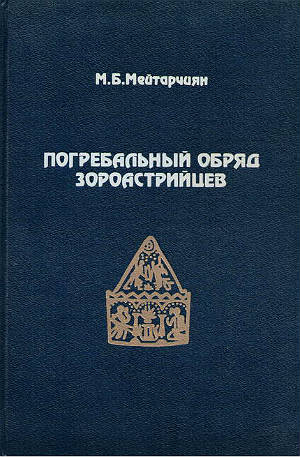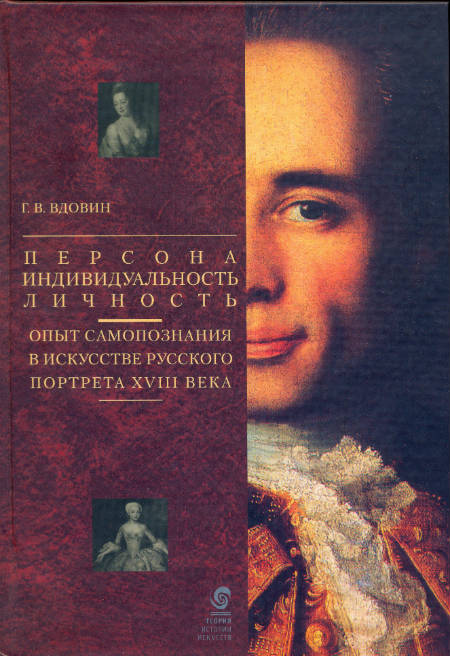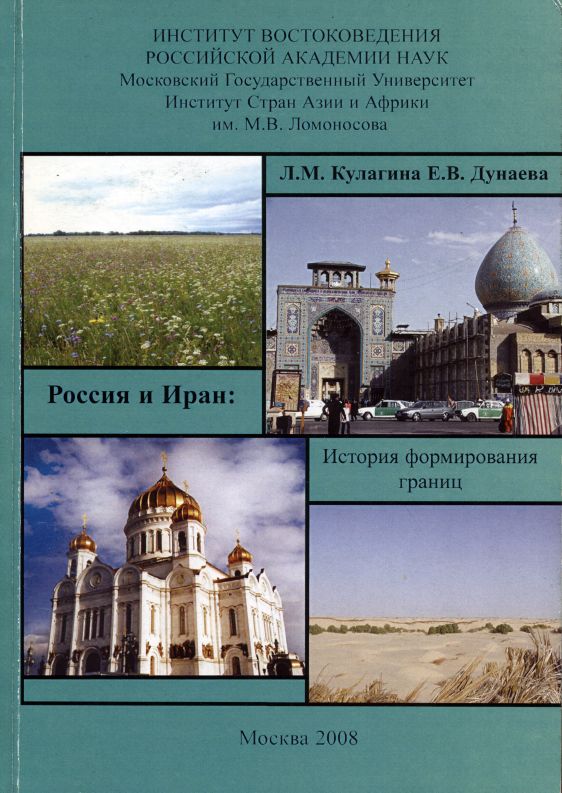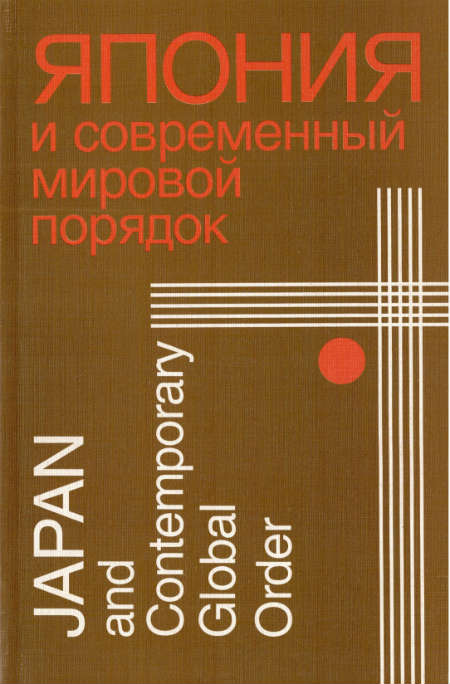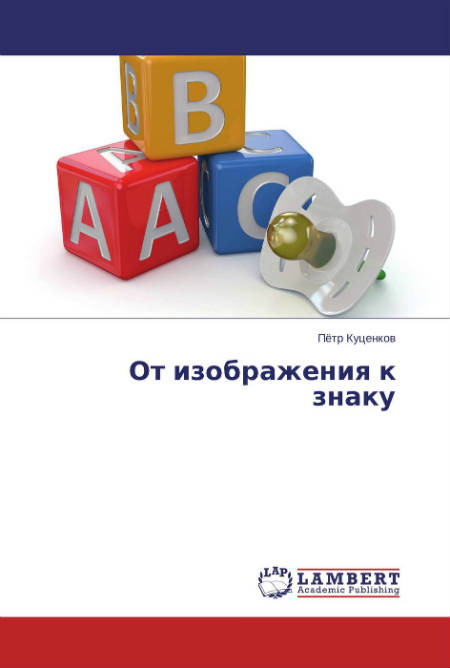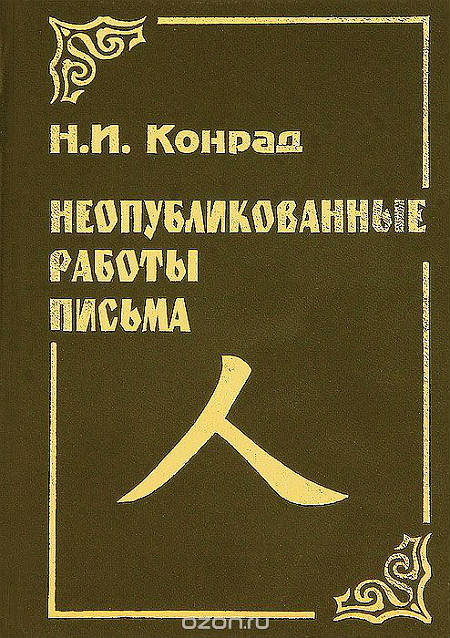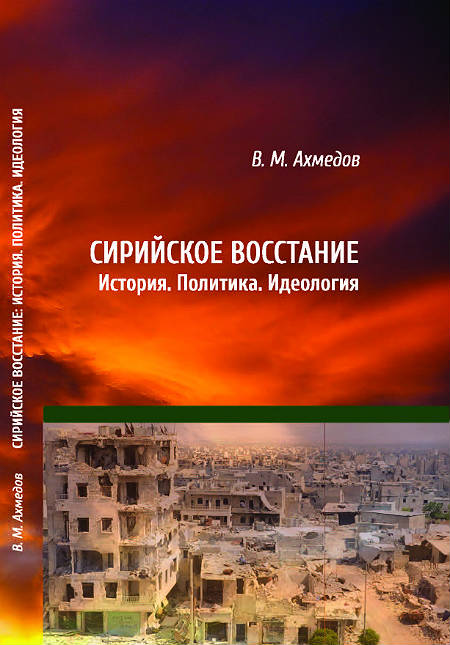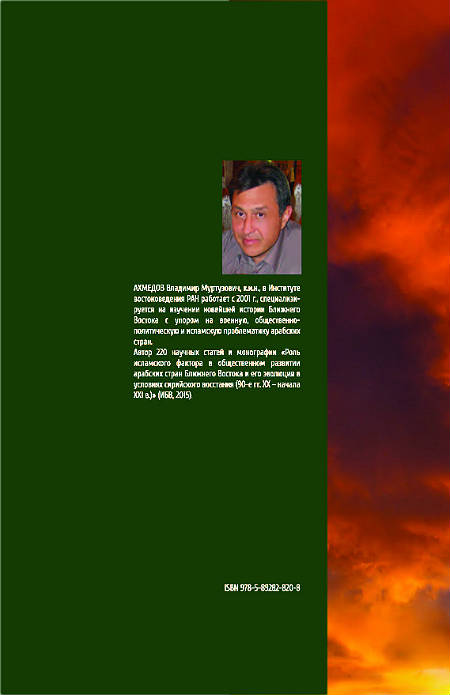Book
Syrian Uprising: History, Politics, Ideology
Institute of Oriental Studies of the Russian Academy of Sciences
Москва, 2018
The seven-year armed conflict in Syria is one of the major issues shaping the contemporary Middle East and impacting the fundamental nature of international relations. The Syrian revolution, which began in March 2011, later degenerated into a bloody civil war that has pushed the country into both a secessionist upheaval and the breakdown of the population's national identity. Both the duration and complexity of reconciling the Syrian crisis rely on a sequence of fundamental factors.
Those factors and many others formed a subject of academic research by V. M. Akhmedov (Ph.D.), senior researcher in the Moscow based Institute of Oriental Studies of the Russian Academy of Science in his new book "Syrian Uprising: history, politics, ideology». The author shows that Syria's former political system and its institutions have been practically annihilated and the country's new environment has rendered them incapable of having an impact on the conflict without foreign assistance, to say nothing of supporting peace, stability, and growth. V. M. Akhmedov exams the distinctive feature of the previous political model in Syria represented by its traditional authoritarianism and stable security environment.
Those who in March 2011 took to the streets of Syria's cities demanding reforms and liberties came to face the harsh dilemma of whether to halt their peaceful protests or to take up arms. The growing coercion and brutality of the government to the peaceful civilian population compelled many, especially the young, to join up the armed struggle. The author shows that those who took up arms soon enough became dependent on those who could supply the weapons. Such assistance was made available at the cost of loyalty to the Islamist resistance, first of all, manifested by the name of the squadron and by individual behavioral patterns (for instance, following Sharia) in the liberated territories. In a context of asymmetric warfare where the regime was using air strikes and artillery to bombard occupied neighborhoods, and where the resistance was severely in need of additional arms and ammunition, suicide bombers became the only viable means of offsetting the government's forces on the battlefield. Relying on this type of attack intensified the deployment of Jihadi brigades among the armed resistance, and led to their initial popularity in the liberated neighborhoods. Bashar Assad had to enlist Lebanese, Iraqi, and Iranian mercenaries, which was prompted by the high level of losses among the national military, as well as the lack of combat experience among the newly-recruited soldiers. This measure legitimized the involvement of jihadists from other Arab countries.
V. M. Akhmedov investigates the circumstances as mentioned earlier that fractured the radical Islamist opposition and disrupted the political debate, which was unable to rally the forces of armed resistance based on a patriotic concept and a political program. Two particularities that render the Syrian conflict difficult to resolve are its internationalization and unprecedented duration. Indeed, the development of the military conflict was facilitated by deeply entrenched internal processes that secretly ripened for several years and surfaced at a decisive moment for the country and its citizens.
V. M. Akhmedov categorized the makeup of the Syrian uprising by the traditional distinction between the country's urban and rural environments, as well as the role of the rebellion in the outlying regions (at least during its early stages). It is well-known that the provincial centers were the breeding grounds of the revolution. The author explains these phenomena of the Syrian uprising by the fact that the army and the security forces initially lost their influence among the population precisely in those centers.
V. M. Akhmedov studies how representatives from this group of the population settled in the outskirts of Syria's major cities over several years and served as a catalyst for the Syrian uprising. The most radical representatives of this new urban periphery established their modus vivendi and demanded the overthrow of the regime (these people had migrated from distant villages in the mountains over a half-century earlier and had occupied the cities).In his Book author perceives that the Syrian crisis brought some new social forces to the political stage and exposed an array of severe social contradictions, as well as clannishness and religious and ethnic conflicts that had been concealed and muted by the regime. The Syrian community began fragmenting in light of the escalation of the crisis, and in the process increased the overall pro-Islamic disposition in the country. V. M. Akhmedov thoroughly studies the nature of Islamists armed opposition, its origin, and ideology. Based on various assessments, V. M. Akhmedov considers that the Islamist component of the Syrian uprising has undergone a significant transformation in recent years, especially regarding the unique makeup of the Syrian revolution. He thinks that the Islamist phenomena might fade away with the cessation of hostilities and the country's return to peace cannot be excluded since its motivation is the civil war. Even though the ideas of jihadists currently prevail in Syria, embodied in the activities of the Islamic State and Jaishe Fateh al-Shama (formerly known as al-Nusra), it is unlikely that moderate Islam in Syria has disappeared and is not able to reborn. V. M. Akhmedov investigates the role of external factors in the fight for Syria. The author shows in his study that today's power struggle between the regime and its armed forces on the one hand, and political opposition and local armed resistance, on the other side, has led to intense competition among world leaders and regional players for authority in Syria and the broader Arab world. As a remarkable example, V. M. Akhmedov cited the role of Iran in Syria's armed conflict. Iran has played a significant role in preserving the current Syrian regime. V. M. Akhmedov studies the role of Russia in the Syrian crisis and all the complexity of Russian-Iranian-Turkish relations given resolving the Syrian conflict. He believes that the conflict in Syria and its surroundings changed radically with the involvement of Russia's Aerospace Forces. In less than a year, the territory under Syria's control grew to 35–40% of the country's area. Moscow became a crucial partner in the Syrian conflict, a situation that the US, Europe, Turkey, Israel, and neighboring countries have been forced to acknowledge. The liberation of Aleppo-the stronghold of Syria's armed opposition – was the result of Russia's armed involvement in the Syrian conflict from the fall of 2015. V. M. Akhmedov studies the attempts made by Russia, Iran, and Turkey to resolve the Syrian conflict peacefully. V. M. Akhmedov states that the consistent efforts of Russia, Ankara, and Tehran, as well as the succession of conferences organized in Astana, have all fostered a real basis for pursuing dialogue that may lead to Syrian reconciliation in a broader international format. Critical organizational issues during the transitional period and formation of government institutions with their new content must be handled by the Syrians themselves using a broad public agreement allowing the parties to reach severe compromises under guarantees. Such an arrangement may lead to the adoption of a new constitution and a call for a constituent assembly that will elect the corresponding executive bodies for a transitional period. The process is complicated but feasible. On the other hand, even if the identified objectives are achieved, it cannot be ruled out that Syria may face a series of military coups in the future, since there is nothing worse than unresolved issues that are exacerbated by long years of warfare, coupled with the bitterness of human loss. V. M. Akhmedov says this in his new book.


